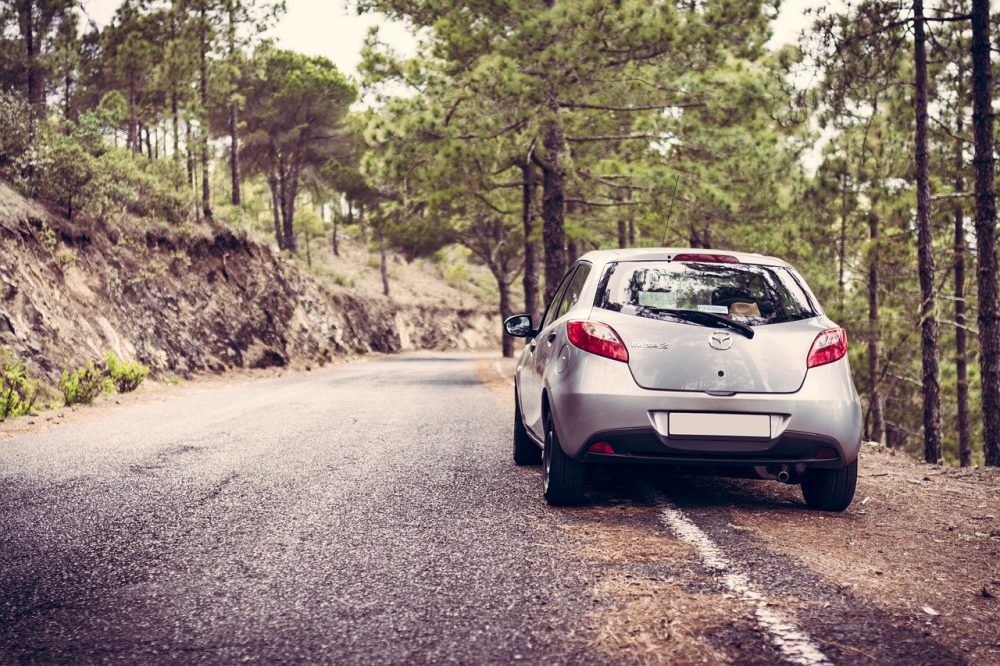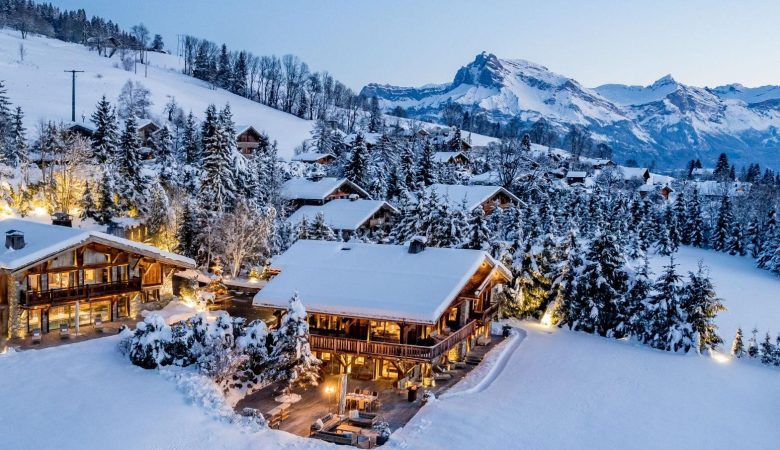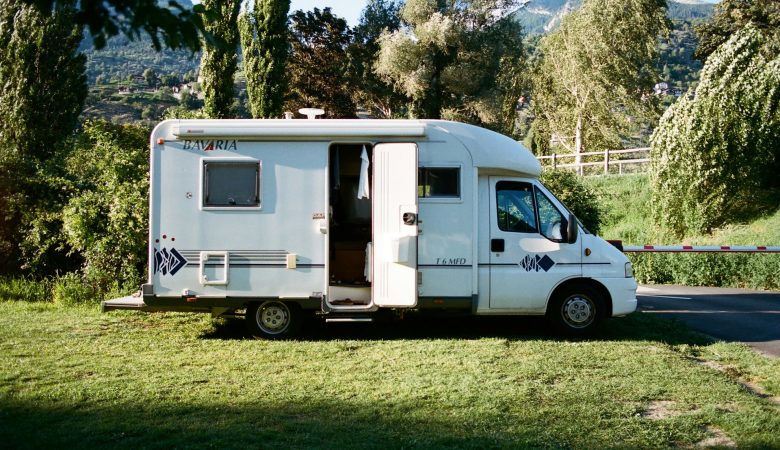The government has listed which countries are safe for international summer over the coming months, with only 12 locations listed on the ‘green list’. For many, it seems, the hopes for an international holiday this summer are on pause.
However, the pandemic has also forced a perspective that we may have been okay to dismiss in normal circumstances. Our environmental impact became evident during the pandemic, with reduced travel and tourism, though this would be only a temporary reduction. Meanwhile, we’ve learnt about the importance of supporting our local economy.
For these reasons, many people are now opting for a staycation this summer. Here, we explore the rise of the staycation, but also how it may affect the environment and what we can do to be more sustainable.
Jetting off the table
The aviation industry is one of the largest global contributors to greenhouse emissions, creating 2 per cent of all human-induced carbon dioxide emissions, and 12 per cent of all transport sources.
However, figures reveal that the flight frequency of global airlines has reduced dramatically during the pandemic. The latest figures show that at the start of 2021, flight frequency had fallen by 73.5 per cent when compared to the start of 2020. These numbers are recovering, but airlines still expect a difficult summer, with public health guidance limiting our international travel options.
According to the Global Carbon Project, during the peak of the pandemic, aviation emissions were reduced by up to 60 per cent. However, the motivation to maintain longer-term reductions remains. The question stands, will the pandemic and our own sustainable ambitions motivate us to stay at home in the UK?
Caravan parks and eco-perks
While international travel remains restricted into tiers, escaping to campsite and caravan parks has become increasingly favourable for a public eager to escape their homes. In fact, UK Google searches for ‘caravan parks’ are currently up 329 per cent since the start of the year. For this time of year, searches are 100 per cent higher than they were in 2019.
For caravan parks, the pandemic has been a difficult period. In 2020, it is estimated that caravan parks lost £832,500,500 in the UK. That’s based on the UK having 55,000 touring caravans with each spending approximately £1,500 per year.
However, caravan parks and campsites have been permitted to open since 12th April in England; meanwhile, sites are currently open at some capacity across the UK. They are becoming one of the most viable options for holidaymakers to venture away from their immediate surroundings.
Lenny Gilpin, owner of Curran Caravan Park, Larne, Northern Ireland, tells us how the reopening of campsites means more than a reignition for his business. The personal impact on customers is clear: “It was a very difficult year for everyone, and we’re just incredibly pleased that this year, we’ve been able to resume some form of normality. We can see the real impact that being able to attend campsites like ours has on people’s wellbeing.”
Don’t let the UK climate fool you. Pitching a tent, fetching the barbecue, and lighting up the outdoor heaters is everything you need for an enjoyable staycation. As long as we’re with our friends and family, you’ll realise that the cost of international travel isn’t always worthwhile. Even better, you can say that your camping trip is more sustainable than any other international vacation.
Is your cottage escape really eco-friendly?
As staycations become a more popular option for getaways with your family and friends, staying in a residential retreat in the countryside is also becoming a popular option for many that are looking for all their home comforts. But how sustainable are these properties?
You may want to consider how these properties are powered, especially if they are off-grid. Country homes that use oil as opposed to LPG are not as environmentally friendly. LPG is a lower-carbon alternative to oil, with approximately 20 per cent lower carbon density. Because LPG does not contain sulphur, it also burns cleaner.
If you’re looking for a sustainable getaway at an off-grid residence or campsite, you should try to ensure the venue uses LPG to power the utilities. This includes propane and butane, the same gas you would use to power your gas BBQs. While we are already selective over our flights to avoid a heavy environmental impact, also consider how your staycation residence affecting the planet.
Are you planning a staycation this summer? Have you considered how your visit will impact the environment? By remaining in the UK, you’re already helping to repair the economy and damage of the aviation industry. But now, we must take steps to ensure that our holidaying plans are more sustainable than ever, whether that’s using cleaner gas to power our BBQs or staying local.
Sources
https://www.gov.uk/guidance/red-amber-and-green-list-rules-for-entering-england
https://www.statista.com/statistics/1104036/novel-coronavirus-weekly-flights-change-airlines-region/
https://www.bbc.co.uk/news/av/science-environment-54018542
http://www.currancaravanpark.com/
https://www.flogas.co.uk/news/oilvgas






Pingback: Camper Repair Dilemmas: How to Know When It's Time to Call the Experts